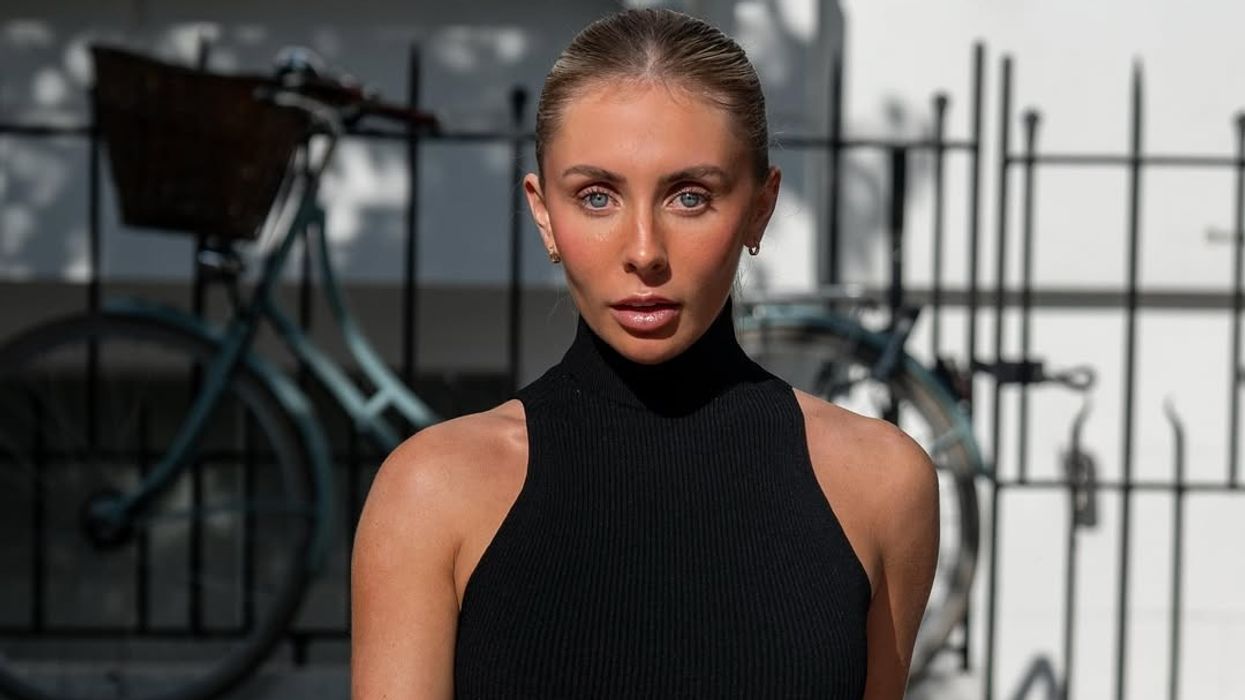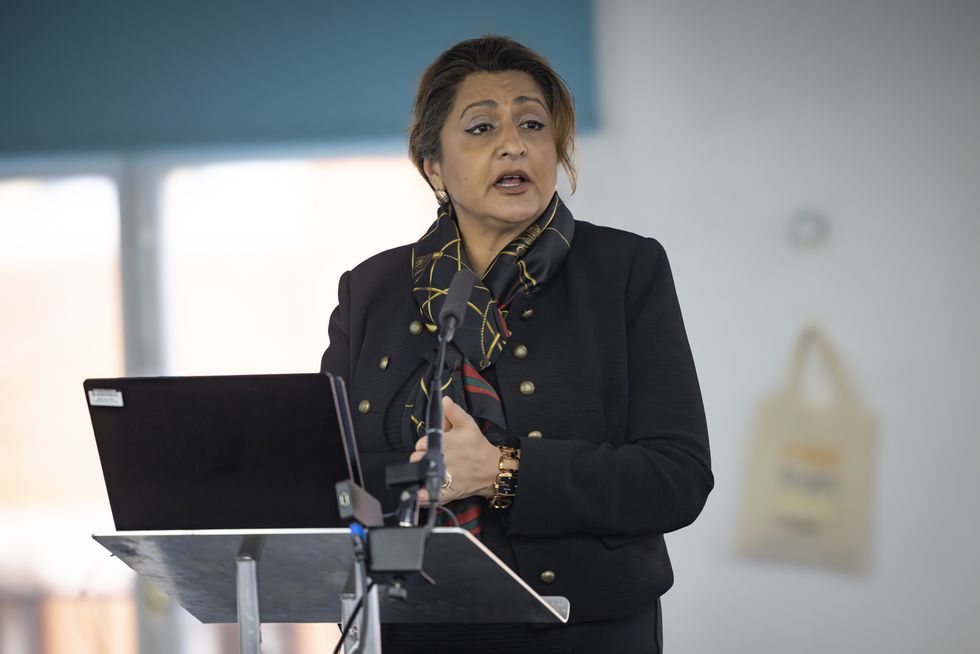A university has said that black and ethnic minority students will be allowed to defer essay deadlines and exams if they suffer from racial trauma.
The Telegraph reported that from the next academic year - Goldsmiths, University of London have said it will introduce this new category for extenuating circumstances.
Earlier the reasons for which students could apply for a deadline extension or a deferral of an exam included of a serious medical condition or family bereavement. Then in the trauma category which included being a victim of a serious crime, getting caught up in a terrorism incident, or falling victim to a natural disaster.
Following a campaign by the student union, from this September, "racial trauma" will be an addition to the list.
According to The Telegraph report, the student union president Sara Bafo had said in a tweet (now deleted): “The university has agreed to our proposal to incorporate ‘racial trauma’ as a reason to defer essays and exams for black and People of Colour students, and it will be done through self-certification”.
However, the university has confirmed that applications in the new category will be considered on a “case-by-case basis”.
Prof Frances Corner, warden of Goldsmiths, University of London, was quoted as saying: “If a student’s report of extenuating circumstances is accepted, they must still complete their academic work but may, for instance, be given a longer deadline or the chance to defer an assessment for a defined period.
“Self-certification for this kind of support is common at universities and students are entitled to proper support when the need arises. A student must submit a detailed statement which is carefully considered by academic departments who then decide an appropriate response.”
The university is yet to draw a definition for "racial trauma" but said it will soon provide an update in this category for the next academic year - and for which it will work with academics and student representatives to come up with an appropriate definition.















 Jaswant Narwal
Jaswant Narwal 

